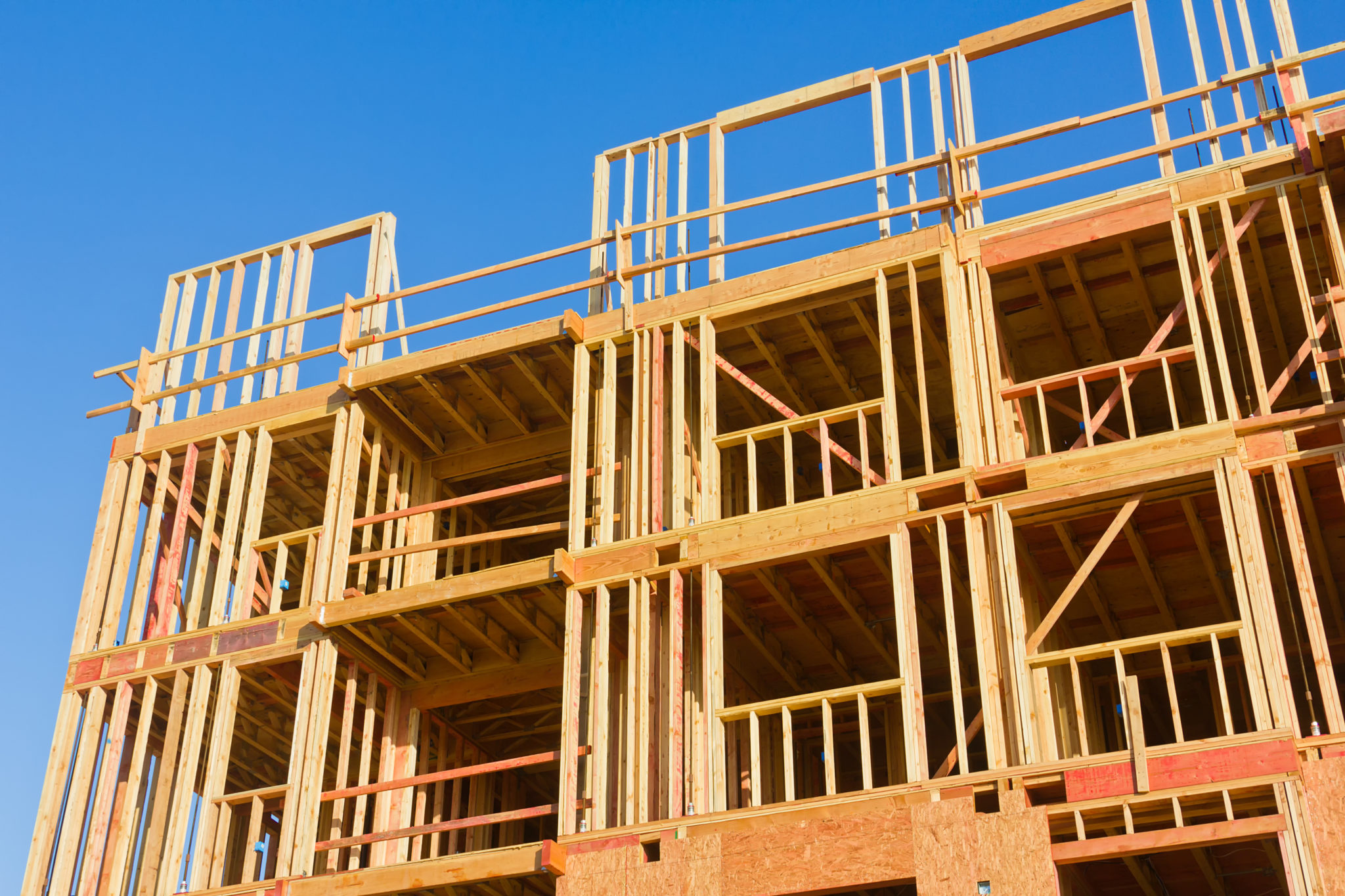Under Construction: A round-up of recent legal developments within the UK construction industry
Published on 22nd September 2023
Government provides detail of new building safety regime, developer claims for historic defects, dispute avoidance through risk management

Government provides key dates and detail of new building safety regime
The government’s much-awaited response to the consultation on the new building control regime for higher-risk buildings under the Building Safety Act 2022 landed in August, along with various sets of regulations that provide detail about how the new regime will operate.
Key dates for diaries are: 1 October 2023, when the new safety regime for higher-risk buildings and new dutyholder responsibilities (for all buildings) come into force; and 6 April 2024, when the transition period (during which qualifying projects fall within the existing building control regime) will end.
Further information on these changes can be found in our short overview which has been published in Construction News.
For more detail on the new regulations, see our Insight which looks specifically at the new building control regime for higher-risk buildings, and our Insight on the new dutyholder regime.
Also, don’t forget that the deadline for registering existing higher-risk buildings with the Building Safety Regulator is next week (30 September 2023). See our earlier Insight for more information.
URS v BDW: developer's claims for historic defects
The Court of Appeal in URS Corporation Ltd v BDW Trading Ltd confirmed the application of provisions of the Building Safety Act 2022, most notably the extended retrospective limitation periods for certain claims under the Defective Premises Act 1972 (DPA).
In particular, the judgment confirmed that a developer can be owed a duty by its professional team under the DPA and it clarified the circumstances in which developers can seek to claim a contribution from responsible members of that professional team. The consequence of this is that there are more avenues open to developers to seek to recover costs of remedial works for building defects, particularly historic ones.
Osborne Clarke LLP acted for BDW in relation to this claim.
Read more in our Insight and this Construction News article.
Dispute avoidance through risk management
In the current economic climate with construction-related insolvencies hitting the headlines, it is more important than ever that risk is properly considered, understood and applied in construction contracts.
Rob Horne contributed an article for the annual Law Review published by the Chartered Institution of Civil Engineering Surveyors in which he focuses on how people first perceive and then manage risk, and looks at risk management tools in the JCT, FIDIC and NEC forms of contract to see which may provide the better contractual tools to assist risk management.
Wording of limitation clauses – caution required
Following the recently published decision in Lendlease v AECOM, clauses in contracts which set a limitation period for when liability under a contract will end should be carefully considered. Any reference in such clauses to "liability" being extinguished, rather than the ability to bring actions or proceeds being extinguished, may mean that a claim in contribution cannot be brought following the expiry of the contractual limitation period.
Background
The case was brought by Lendlease as contractor for works undertaken at Leeds Hospital oncology facilities against AECOM, who were mechanical and electrical (M&E) consultant for the project.
The limitation period under the contract in question had expired, so Lendlease were seeking to rely on a claim under the Contribution Act 1978 to seek a contribution from AECOM for the damages owed to the employer on the project.
Such a claim cannot be brought under the Act where a defendant "ceased to be liable by virtue of the expiry of a period of limitation or prescription which extinguished the right on which the claim against him in respect of the damage was based" (section 1(3)).
The wording of the contract in question provided that AECOM “shall not have a liability under this Deed in any proceedings commenced more than twelve years after the date of completion of the Works” (emphasis added). The judge was therefore asked to determine whether this contractual wording operated to extinguish the right to bring the claim, and so preclude Lendlease from bringing a claim under the Act.
Judgment
The judge drew distinctions between two existing lines of case law which reached different conclusions depending on the particular language used in the clause. Without reaching a decision in this particular instance, emphasis was placed on the substance of what it is that actually expires at the end of the limitation period:
- "Action or proceedings" = procedural time bar. In other words, the liability still exists, but the claim cannot be brought due to the time bar (so a claim under the Act may be available).
- "Liability" = liability is extinguished. No claim under the Act is available as the right on which the claim is based has been extinguished.
In or out of time? Time bars in engineering, procurement and construction contracts in the UK
A time bar is generally considered to be a provision in a contract that places a limit on the time within which a party can claim an entitlement. Time bars can relate to, among other things, an entitlement for an extension of time or for payment for additional works.
A recent High Court decision in Energy Works (Hull) Ltd v MW High Tech Projects UK Ltd & Anor (No.2) has emphasised the importance of ensuring that contracting parties are aware of the requirements imposed by any time bars in their contracts, and the consequences of failing to comply with those requirements.



